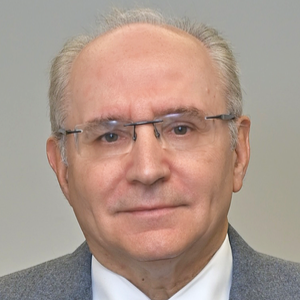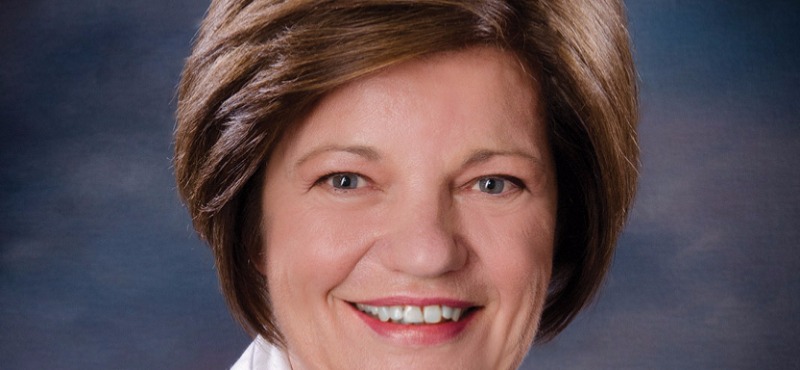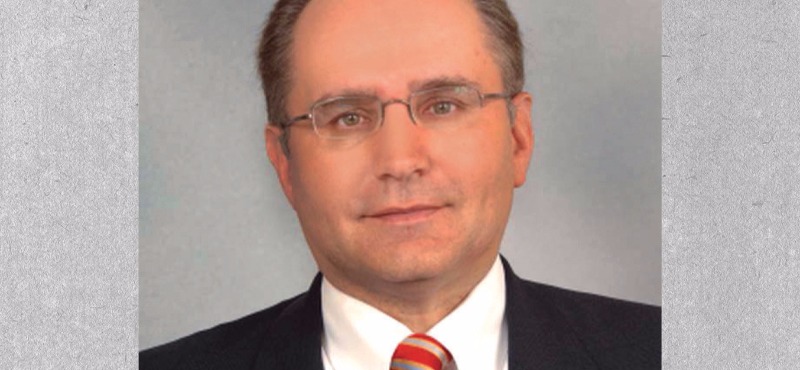A pooled community trust is regularly utilized to prevent the spend down of income by the recipient of Medicaid home care. It is a specific type of Special Needs Trust (SNT).
An SNT allows a person with a disability to continue receiving government benefits, such as Medicaid and Supplemental Security Income (SSI), irrespective of the dollar value of assets and income held by the SNT. The purpose of the SNT is to supplement (not supplant) the benefits paid by the government to help improve the quality of the life of the person with the disability. The legal requirements for an SNT in New York are delineated in Estates, Powers and Trusts Law of New York (EPTL) §7-1.12.
Unlike other forms of SNT’s, the pooled community trust has no age limitation and has no payback to the government requirements (such as a self-settled SNT). However, the funds held in the pooled trust at the time of the beneficiary’s passing remain in the pooled trust and may not be paid to the beneficiary’s estate or family. If the pooled trust chooses not to keep said remaining funds, they must be paid to Medicaid up to an amount equal to the total amount of medical assistance paid on behalf of the beneficiary by Medicaid. As such, it is recommended to use the funds deposited to the pooled trust every month.
The pooled community trust is established and managed by a not-for-profit association that acts as the trustee of the trust; a trust company must also act as a co-trustee. As a pooled community trust can have numerous beneficiaries, a separate sub-account is created and maintained for the sole benefit of each disabled beneficiary.
Any person, irrespective of their age (even over age 65), can establish and fund the pooled trust, however, there may be Medicaid and/or SSI transfer of asset penalties for those over age 65.
The most frequent utilization of a pooled community trust occurs when an applicant for Community (home care) Medicaid has an income greater than the amount permitted by Medicaid. For example, for the year 2019, an applicant for Medicaid is permitted monthly income of $879.00. If the applicant has an income of $2,000 per month, the excess income of $1,121 is paid to Medicaid assuming the applicant does not enroll in a pooled community trust or has monthly medical expenses in the amount of the surplus.
Once enrolled in the pooled community trust, however, the surplus income minus the monthly administrative fee paid to the not-for-profit can then be used to pay for the disabled person’s living expenses (such as, food, rent, taxes, mortgage, clothing, telephone, utilities, private pay care services, etc.). Without the ability to enroll in the pooled community trust, most disabled seniors would not be able to retain their monthly income and continue to reside at home and receive Medicaid home care. It is a critical component in allowing seniors to receive Medicaid home care and be able to utilize their income for their needs. In this sense, a pooled community trust should be seen as a patient-centered solution.
Additionally, the pooled community trust can be of use and advantage to a disabled younger person with special needs. For example, a disabled younger person may be a beneficiary of SSI and Medicaid. If the said person were to receive an inheritance, an accident settlement or recovery, or accumulates too much income (which would otherwise disqualify them from SSI and/or Medicaid), the use of the pooled community trust may be of significant advantage to them. Depending on the facts for each disabled person, they may be able to receive the inheritance, settlement, recovery and/or excess income while continuing to receive SSI and/or Medicaid. Said funds and/or income can be deposited into the pooled trust and be used for the disabled person’s living expenses as delineated above.
In conclusion, there are presently over 20 not-for-profit organizations in New York that offer pooled trusts. The assistance of an experienced elder law attorney in selecting a suitable pooled trust not-for-profit and enrolling in a pooled trust can be invaluable.
Anthony J. Enea, Esq. is the managing member of Enea, Scanlan & Sirignano, LLP with offices in White Plains and Somers, NY. Mr. Enea is chair of the New York State Bar Association’s Senior Lawyers Section. He was named Best Lawyers’ 2019 Trusts and Estates “Lawyer of the Year” in White Plains and Westchester County’s Leading Elder Care Attorney at the Above the Bar Awards.




























